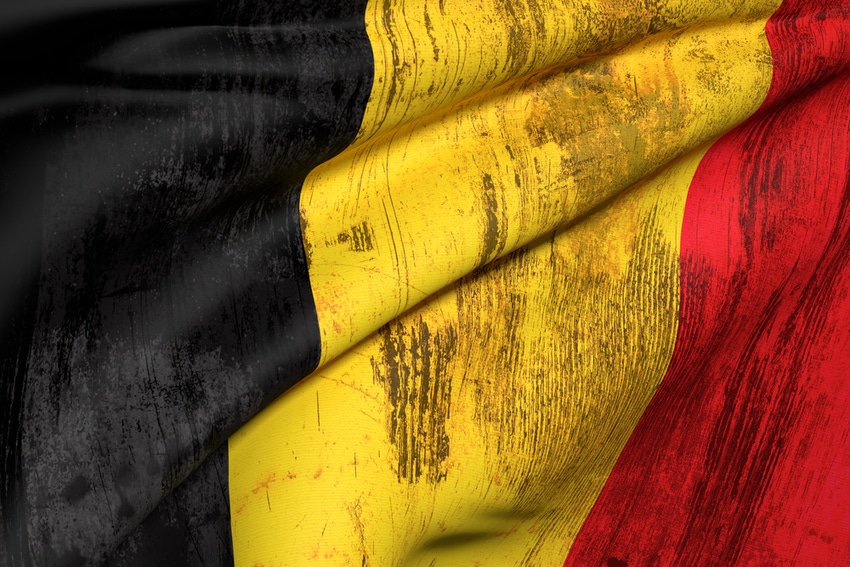Content Spotlight
Podcast: MilliporeSigma says education vital to creating unbreakable chain for sustainability
MilliporeSigma discusses the importance of people, education, and the benefits of embracing discomfort to bolster sustainability efforts.

The 60,000 square-foot dedicated manufacturing facility will support autologous and allogeneic cell therapy projects, says CDMO Catalent.
Catalent entered the cell therapy space in 2020 through the acquisition of Masthercell from Orgenesis, adding a facility in Gosselies, Belgium, with 10 cleanrooms, four development labs, and in-house QC labs capable of manufacturing about 1,000 batches a year.
And now the firm has completed and opened a commercial-scale facility in Gosselies, adding 60,000 square feet of dedicated space for autologous and allogeneic cell therapy manufacturing through to late-stage clinical and commercial-scale supply.

Image: DepositPhotos/
erllre
A company spokesperson did not disclose the size of the investment in this facility, nor how many jobs will be created.
Beyond Masthercell, contract development and manufacturing organization (CDMO) has continued to bolster its advanced therapies presence in Gosselies through the 2021 acquisition of, first, Delphi Genetics, and, second, Promethera’s cell therapy manufacturing subsidiary (Hepatic Cell Therapy Support), adding two more facilities within the campus.
Catalent’s cell therapy business has also been supported by the acquisition of induced pluripotent stem cells (iPSC) RheinCell Therapeutics in Düsseldorf, Germany and the addition of a 30,900 square-foot cell therapy plant in Princeton, New Jersey from Erytech earlier this year.
“Catalent enables fully integrated cell therapy services – from our iPSC expertise in Düsseldorf, Germany, to process and analytical development in Gosselies, to clinical and commercial manufacturing in Gosselies and Princeton, New Jersey – all under one CGMP umbrella,” said Manja Boerman, Catalent’s president for BioModalities.
“Together with our integrated plasmid DNA and viral vector services, the Catalent Cell & Gene Therapy network provides end-to-end services for development, scale up, and commercial launch of advanced therapies.”
Plans to expand the Princeton site have been put on hold until July 2023 due to changing industry dynamics, with CEO Alessandro Maselli looking to keep “utilization rates at reasonable levels to continue to drive margin and cash flow.”
The spokesperson reconfirmed the expansion pause at Princeton, but said: “The Gosselies campus is a strong center of cell therapy excellence for Catalent in Europe and will serve as a hub for the growing cell therapy pipeline.”
You May Also Like